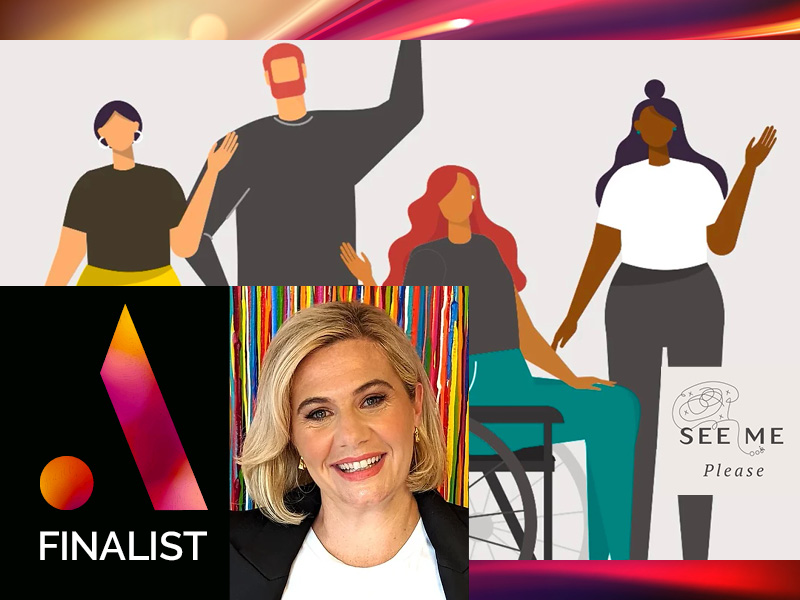In Australia, it’s legal for a person with a disability to be paid nearly a tenth of the minimum wage.
Workers with a disability can be paid as little as $2.90 per hour, despite the minimum wage currently sitting at $23.23.
This is under the controversial supported wage system, which sees about 20,000 people, most of whom have a disability, employed under it. Most of those working on this scheme are employed in Australian disability enterprises, which are worksites specifically structured for people with intellectual disability.
This system came under fire by the Disability Royal Commission, which urged the federal government to end workplace segregation and achieve wage parity by 2034, beginning with an immediate raising of wages to at least 50 percent of the current minimum wage.

On the back of this, Sydney-based startup See Me Please is on a mission to provide Australians with a disability with well-paid work, and ensure that companies work better with a diverse range of customers to ensure their products and offerings are accessible.
See Me Please has created a two-side marketplace made up of individuals who have no vision, low vision, are hard of hearing, neurodivergent, older than 70 years old, non-English speaking and physically disabled, and businesses of all shapes and sizes.
The platform matches these individuals with organisations to assist them on assessing the accessibility of their digital services.
See Me Please has committed to all users being paid a rate of at least double the minimum wage, and a minimum of three hours work for every review, no matter how long it actually takes.
See Me Please is a finalist in the InnovationAus 2024 Awards for Excellence in the Software Innovation category. The InnovationAus Awards for Excellence winners and finalists will be celebrated at a black-tie gala dinner at The Venue Alexandria in Sydney on Wednesday October 30. You can book your tickets here.
The Software Innovation category is sponsored by TechnologyOne.
See Me Please was founded by Katie McDermott, who previously led the digital channel for Service NSW, which comprised 1500 government services used by 8 million New South Wales citizens.
Through this work, Ms McDermott became intrigued about why some digital services became organically adopted by nearly all of the population, while others lacked with adoption rates of less than 30 percent.
She also experienced significant challenges in conducting accessibility assessments, with these mostly based on dense audits or vague conversations.
Ms McDermott recognised a major need for a streamlined process to allow organisations to work closely with people with disability and from diverse groups to ensure services are made more accessible.
See Me Please has been accepted into the federal government’s Made in Australia program Industry Growth program, and has also landed a $30,000 social impact grant from the ACT government.
Looking for brand exposure in front of Australia’s tech ecosystem? Purchase a table of 10 for the InnovationAus 2024 Awards for Excellence and have your logo displayed on screens across the venue and in the event programme as a table sponsor.
The InnovationAus 2024 Awards for Excellence are supported by: Australian Computer Society, Investment NSW, Department of Industry, Science and Resources, Technology Council of Australia, TechnologyOne, National Artificial Intelligence Centre, CSIRO’s ON Innovation Program, Reason Group, Q-CTRL, University of New South Wales, South by South West Sydney and IP Australia.
Protecting your great ideas with intellectual property (IP) rights can lead to lasting benefits for your growing business. IP refers to creations of the mind, such as a brand, logo, invention, design or artistic work. Head to the IP Australia website to find out more about IP, and how it might help your business.
Do you know more? Contact James Riley via Email.
